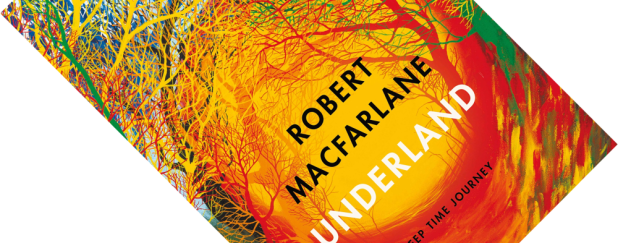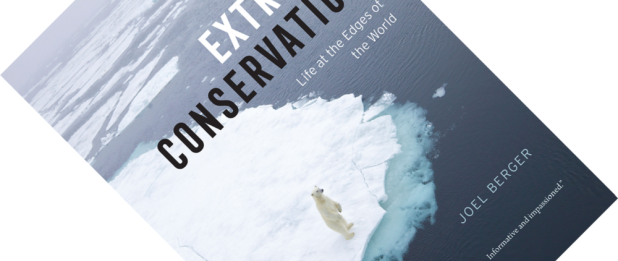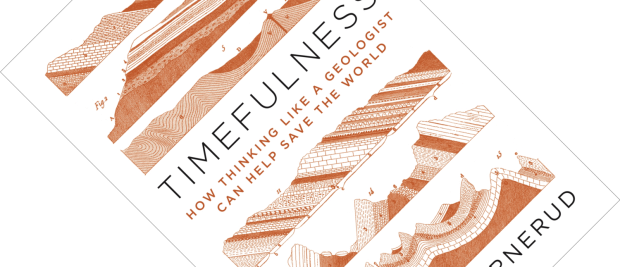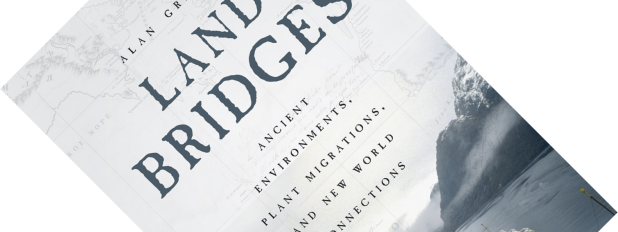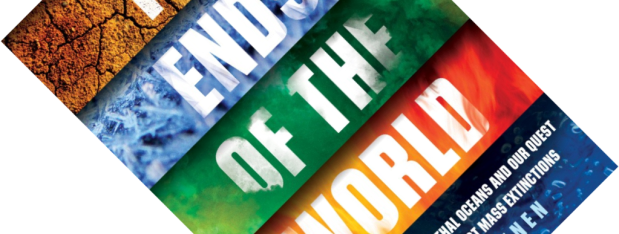Shelter. Yield. Dispose.
These three tasks, so says nature writer Robert Macfarlane, signify our relationship with the world beneath our feet, both across time and across cultures. Underland is his lyrical exploration of underground spaces where people have sought shelter from warfare or hidden valuable treasures, are extracting minerals in mines or knowledge in research facilities, or are looking to dispose of waste. It is one of two big books published only five months apart on the subterranean realm, the other being Will Hunt’s Underground: A Human History of the Worlds Beneath Our Feet which I will be reviewing next. But first, Underland.

